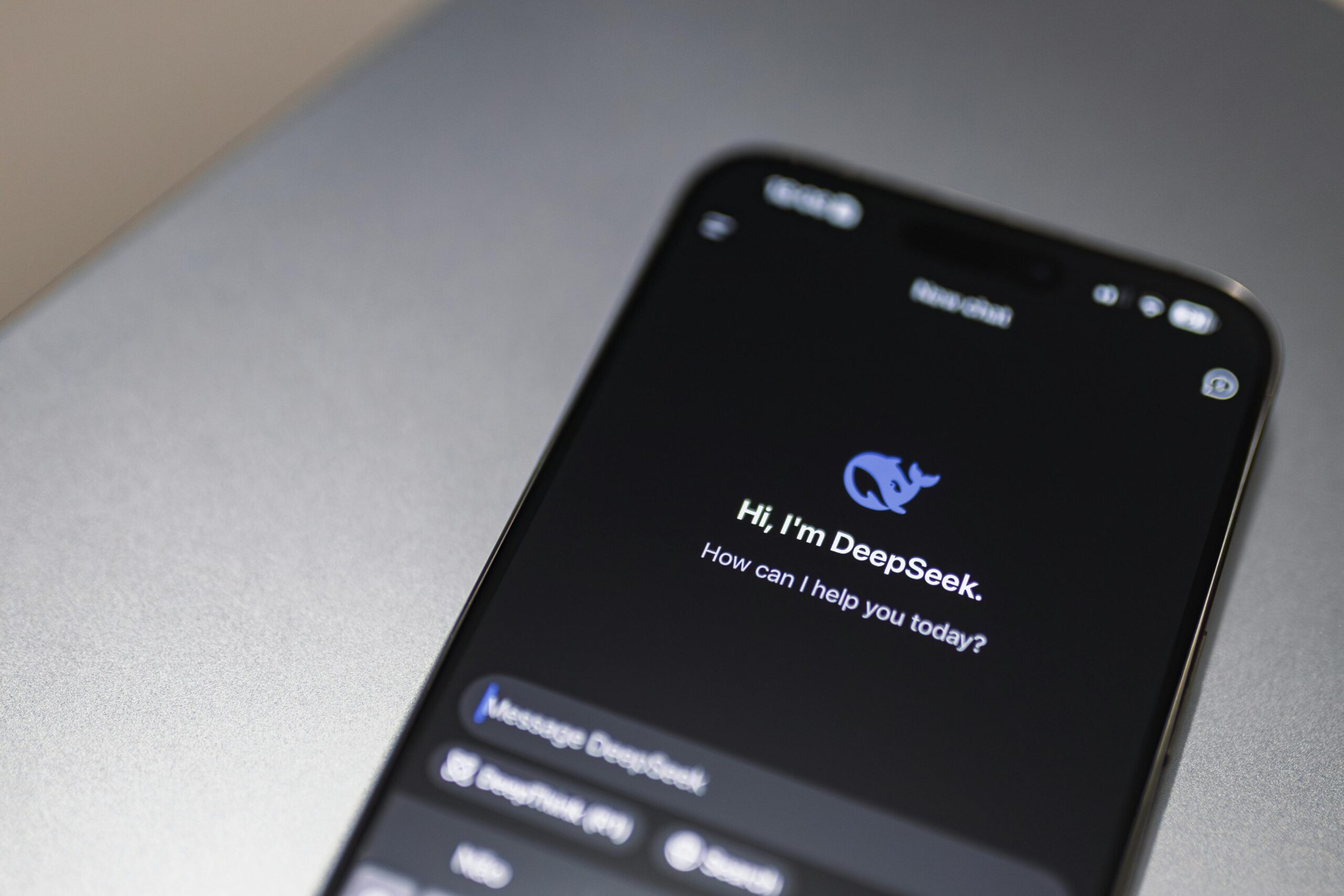The way we search for information is undergoing a radical transformation. Traditional search engines, once the gatekeepers of digital knowledge, are facing a paradigm shift as artificial intelligence-powered tools like DeepSeek and ChatGPT begin to redefine how users access information.
Instead of sorting through multiple web pages, users turn to AI chatbots that synthesize responses in real-time, fundamentally changing the digital landscape.
As AI-driven search changes how people interact with online content, brands must rethink their digital strategies to remain visible, competitive, and relevant in a world where AI, not search engines, is doing the heavy lifting for consumers.
The Rise of AI-Powered Search
AI-driven search engines like DeepSeek are designed to provide highly contextual, conversational responses that eliminate the need to browse multiple results pages. Unlike traditional search engines that generate ranked lists of links, AI models scan vast amounts of data, extract relevant insights, and present them in a human-like conversational format.
This model is gaining rapid adoption. A 2024 study from Gartner predicts that by 2026, traditional search engine volume will decline by 25% as users increasingly rely on AI chatbots and assistants for real-time answers and recommendations. Instead of manually clicking through different sources, users can now ask detailed, open-ended questions and receive immediate, curated responses.
This is a seismic shift for businesses that depend on search-driven traffic, SEO, and paid search advertising. Companies that fail to adapt will lose visibility in a rapidly evolving digital ecosystem where AI, not Google, determines what users see first.
Why Users Are Shifting Away from Traditional Search
The traditional method of searching—typing fragmented keywords, sifting through results, and clicking multiple links—is becoming obsolete. Instead, voice search and AI-generated responses are streamlining information retrieval.
Rather than searching “best coffee shops NYC,” users now ask: “What’s the best coffee shop near me with oat milk and fast Wi-Fi?”
This natural language evolution is reshaping search in three fundamental ways:
1. AI is Doing the Work for Users
Instead of reviewing a list of ten blue links, users now receive a synthesized, single response. AI-powered models scan thousands of sources, extract key insights, and deliver a refined answer, reducing the need for users to navigate multiple pages.
2. Personalization is Driving Engagement
Unlike traditional search engines, which prioritize ranking factors like backlinks and domain authority, AI-driven search engines rely on individual user behavior and preferences to customize responses in real time. This means two users could ask the same question and receive different answers based on their past behavior and interests.
3. Traditional Search Monetization is Being Challenged
With AI-generated responses eliminating the need for users to click multiple links, the traditional search advertising model is being disrupted. Paid search relies on sponsored results appearing at the top of search engine results pages (SERPs)—but what happens when AI provides an answer without a need for a click?
Businesses must rethink their advertising and content strategies to maintain brand visibility as AI reshapes search behavior.
The SEO and Advertising Shake-Up
For years, digital marketers have optimized content for Google’s search algorithms, crafting articles, landing pages, and ads to rank on the first page of search results. AI-driven search disrupts these norms, forcing brands to rethink how they structure, distribute, and optimize content.
Instead of focusing solely on keywords, backlinks, and meta descriptions, brands must ensure their content is comprehensive, structured for AI comprehension, and aligned with conversational search trends.
Similarly, paid search advertising faces uncertainty. If AI chatbots dominate search, how will brands continue capturing traffic through paid search strategies? Marketers must explore AI-enhanced ad formats, native sponsorships within AI platforms, and creative new engagement strategies.
How Businesses Can Adapt to AI-Driven Search
Rather than resisting AI’s influence on search, brands should embrace this transformation and position themselves as authoritative sources within AI-driven ecosystems.
1. Optimize for Conversational and AI-Friendly Content
AI search engines prioritize clear, well-structured, and contextually rich content. Traditional SEO tactics alone won’t cut it. Brands should:
- Shift from short-form keyword-based content to long-form, in-depth, well-structured answers.
- Optimize for conversational search queries by integrating FAQ sections and question-based headings.
- Use structured data and schema markup to make content easily digestible for AI search engines.
2. Strengthen Brand Authority and Thought Leadership
AI-generated responses pull data from trusted, high-authority sources. If a business wants to be referenced in AI-driven search results, it must:
- Publish data-backed reports, case studies, and original research.
- Secure mentions in reputable industry publications and digital media.
- Focus on high-quality, long-form content rather than short, keyword-stuffed blog posts.
3. Rely on First-Party Data and Owned Media
As organic traffic from traditional search declines, brands must own their audience relationships. This means investing in:
- Email marketing and subscriber engagement.
- Loyalty programs that foster direct communication.
- Community-driven platforms such as private groups, exclusive content hubs, and AI-enhanced customer engagement tools.
4. Prepare for AI-Native Advertising Formats
Google and Microsoft are already testing AI-enhanced ad placements integrating chatbot-style search experiences. Brands should:
- Stay informed on emerging AI-powered ad formats within search engines.
- Experiment with native advertising that seamlessly integrates with AI responses.
- Explore conversational commerce—where users interact with branded AI chatbots that recommend products or services directly.
What Comes Next?
The rapid adoption of AI-driven search does not signal the end of digital marketing—it marks its evolution. Businesses that embrace AI, optimize for conversational search, and pivot toward owned audience engagement will be best positioned to thrive in this new landscape.
At Ten26 Media, we help businesses develop innovative advertising and search optimization solutions to future-proof their digital strategies. Whether it’s navigating AI-driven search, refining paid media campaigns, or building brand authority, we ensure businesses stay ahead of industry shifts.
If you want to adapt your search marketing strategy for an AI-first future, we’re here to help. Let’s connect.

